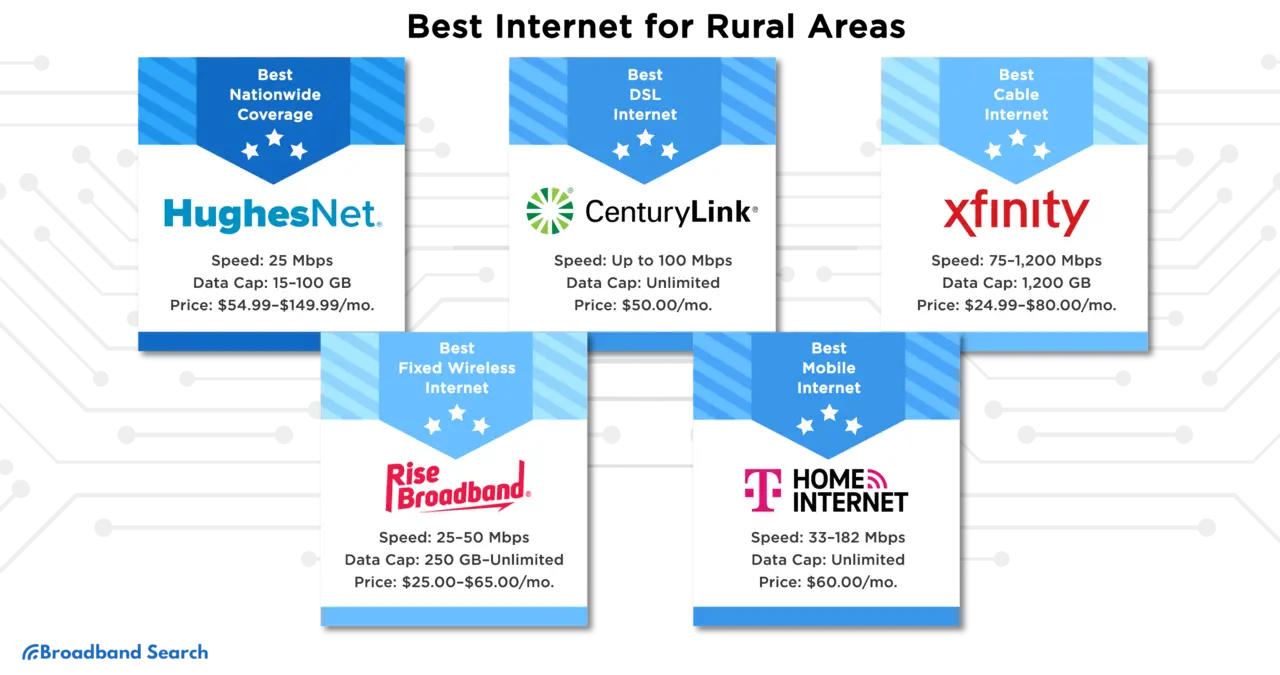Home Internet Providers: The modern world thrives on connectivity, and having reliable internet at home is no longer a luxury it’s a necessity. With remote work, streaming, online education, gaming, and smart devices all demanding strong connections, choosing the right home internet provider has become more important than ever. But with so many options available, from fiber and cable to DSL and satellite, the process can feel overwhelming.
The truth is, not all home internet providers are created equal. Each has its own strengths, weaknesses, pricing models, and levels of reliability. For many households, the choice comes down to more than just speed. Factors like customer service, bundled deals, and even neighborhood infrastructure can all play a role in finding the right fit. That’s why understanding what home internet providers really offer can make all the difference in your experience.
Why Home Internet Providers Matter
It’s easy to assume that the internet is just the internet, but the provider you choose can significantly affect your day-to-day life. A strong connection means uninterrupted work calls, smooth streaming of your favorite shows, and lag-free online gaming. On the other hand, a poor connection can mean frustration, wasted time, and even lost opportunities. That’s why choosing the right home internet providers isn’t just about convenience it’s about maintaining productivity and peace of mind.
Another reason home internet providers matter is cost efficiency. Some families end up overpaying for speeds they don’t use, while others settle for budget plans that don’t support their lifestyle. By taking time to understand your options, you can strike the perfect balance between speed, cost, and reliability, ensuring that your household gets the best possible deal.
The Different Types of Home Internet Providers
Not all internet connections work the same way. The type of service offered by home internet providers depends heavily on your location, infrastructure, and the technology used. Fiber-optic internet, for example, is known for blazing-fast speeds and excellent reliability, but it isn’t available everywhere. Cable internet is widely accessible and offers strong speeds, though it can slow down during peak hours.
Satellite and DSL are alternatives that some households rely on, particularly in rural areas where other infrastructure hasn’t reached yet. While satellite can deliver decent speeds, it often comes with higher latency, making it less ideal for gaming. DSL, on the other hand, can be budget-friendly but is generally slower compared to modern fiber or cable services. Choosing between home internet providers often starts with figuring out which technologies are available in your area.
How to Compare Home Internet Providers
Comparing home internet providers isn’t just about looking at the advertised speed. It’s about examining the full picture: speed, price, data limits, reliability, and customer support. Many providers lure customers in with low introductory rates, only to raise prices significantly after the first year. Understanding contract terms and hidden fees is just as important as checking connection speeds.
Another critical factor is customer service. A provider may offer high speeds on paper, but if their support team is unhelpful during outages, it can create long-term frustration. Reading reviews and asking neighbors about their experiences with home internet providers can give you a real-world idea of what to expect beyond marketing promises.
The Role of Speed in Choosing Home Internet Providers
Speed is one of the most discussed aspects when it comes to choosing between home internet providers. But the question is, how much speed do you actually need? For some households, basic browsing and streaming in standard definition might require only modest speeds. For others, with multiple users streaming in 4K, attending Zoom meetings, and gaming online, higher bandwidth is essential.
The key is not to overspend on speed you’ll never use. Many families get drawn into buying the fastest package available, even when their day-to-day activities don’t demand it. The best home internet providers will offer a range of packages that allow you to match your lifestyle with the right plan instead of overcommitting.

Reliability and Coverage of Home Internet Providers
When it comes to the internet, consistency matters just as much as speed. A lightning-fast connection means nothing if it constantly drops. This is why reliability is one of the most important factors when evaluating home internet providers. Reliability is influenced by both the technology and the provider’s infrastructure investment. Fiber tends to lead the way in reliability, while cable often follows close behind.
Coverage is another vital point. Not all providers are available everywhere. In urban areas, you may have several home internet providers competing for customers, while rural households might only have one or two viable options. Checking availability before making a decision ensures you’re not wasting time researching services you can’t even access.
Pricing Models of Home Internet Providers
The way home internet providers price their plans can be just as confusing as the technology itself. Some providers offer flat monthly fees, while others have tiered packages based on speed. Data caps are another factor some providers charge extra if you exceed a certain limit, which can become costly for heavy users.
Bundling options also play a role. Many home internet providers partner with TV and phone services to create bundle deals. While this can save money for households that want all three, it can also lock you into paying for services you don’t actually use. It’s important to look past the promotional pricing and calculate the long-term cost of your plan.
Customer Service and Support
Customer service might not be the first thing you think about when shopping for home internet providers, but it can make or break your experience. Internet outages, billing issues, or installation problems are all inevitable at some point, and the responsiveness of a provider’s support team can determine how stressful those moments become.
Some home internet providers have built reputations for excellent customer service, offering quick resolutions and helpful staff. Others, unfortunately, are known for long wait times and unhelpful responses. Before committing to a provider, it’s wise to research customer satisfaction ratings and see how they stack up in terms of support.



